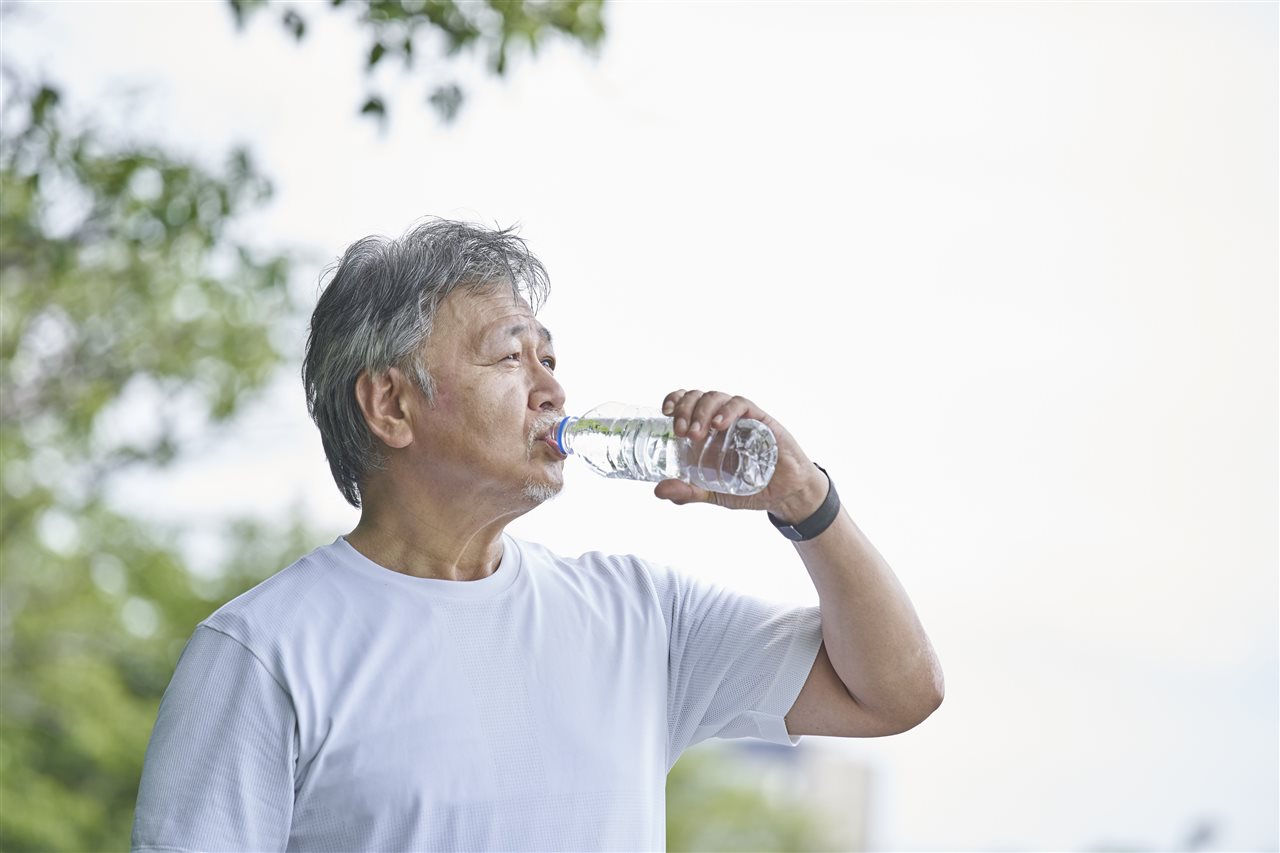(BPT) - If you're an older adult, staying fit may be one of your top wellness goals. But how can you exercise during a heat wave? Concerns about the heat are justified, as seniors are more likely to suffer from the effects of high temperatures.
"As an Arizona native, I fully understand how intense the summer heat can be. It is so important for older adults to know the dangers heat can pose, and how to recognize signs of heat exhaustion and heat stroke," said Jenny O'Callaghan, national trainer at SilverSneakers by Tivity Health. "But there are many ways to still stay active all summer."
Here are tips to help you keep exercising — even during a heat wave.
Seniors are more at risk

According to the Centers for Disease Control and Prevention, heat-related illnesses are preventable. Learn the symptoms and what to do if you or a loved one shows signs of having a heat-related illness.
As you get older, your body's ability to regulate temperature decreases, making you vulnerable to the effects of overheating. You also sweat less — which is a main way your body cools you down. At the same time, your thirst impulse may be dulled, so you may not feel thirsty until you're dehydrated.
Various health conditions can also be exacerbated by high temperatures, and many medications may also increase your risk of heat exhaustion or heat stroke.
For all these reasons, seniors are more vulnerable to heat, so it's crucial to take the risk seriously and not overdo it when the thermometer starts to climb. At the same time, the benefits of exercise are well-documented, helping seniors with cardiovascular health, mobility and balance, and mental health and acuity. The good news is, there are ways to both stay safe and active during a heat wave.
Signs to recognize
It's vital to know when you may need immediate help to cool down. Heat can cause mild symptoms like heat rash (resembling small blisters) or heat edema (when ankles and feet swell during high temps), but it can also cause much more serious conditions.
Heat exhaustion can occur when your body overheats. It's important to take action quickly, to prevent progression to heat stroke. Symptoms include:
Experiencing just one or two of those symptoms? Don't wait to see if more symptoms develop. Act quickly:
Heat stroke is the most dangerous condition, which occurs when your body can no longer control its temperature. Without emergency medical treatment, heat stroke can lead to permanent disability or death.
Symptoms of heat stroke include:
If you think you or someone you're with is experiencing heat stroke, act immediately: Call 911 and use water or ice to cool the body down while waiting for an ambulance.
Safeguard from heat risks
Heading outside? Check the weather forecast first, not just for the actual temperature, but the "feels like" heat index, which takes humidity into account. When temps approach 90 degrees Fahrenheit or higher, it may be best to avoid the heat. If you're planning to head outside to exercise when it's hot, make sure you:
Find cooler alternatives
You can stay fit no matter the temperature by exercising safely indoors. Consider working out in the comfort of your home with programs through SilverSneakers, the nation’s leading fitness program for older adults. You'll enjoy a variety of online classes, from cardio and strength training to yoga and mindfulness, through SilverSneakers LIVE, which streams hundreds of classes designed for all fitness levels and abilities, seven days a week.
Gyms, community centers and other indoor fitness locations can also help you beat the heat and remain active. SilverSneakers enables you to visit thousands of fitness locations nationwide, including community FLEX locations such as senior centers and community centers.
"Don't let heat waves stop you from staying active this summer," said O'Callaghan. "There are plenty of fun and safe options to keep you moving, without risking your health due to the heat."
If you have Medicare, your plan may include SilverSneakers at no additional cost. You can check your eligibility at Tools.Silversneakers.com/Eligibility.